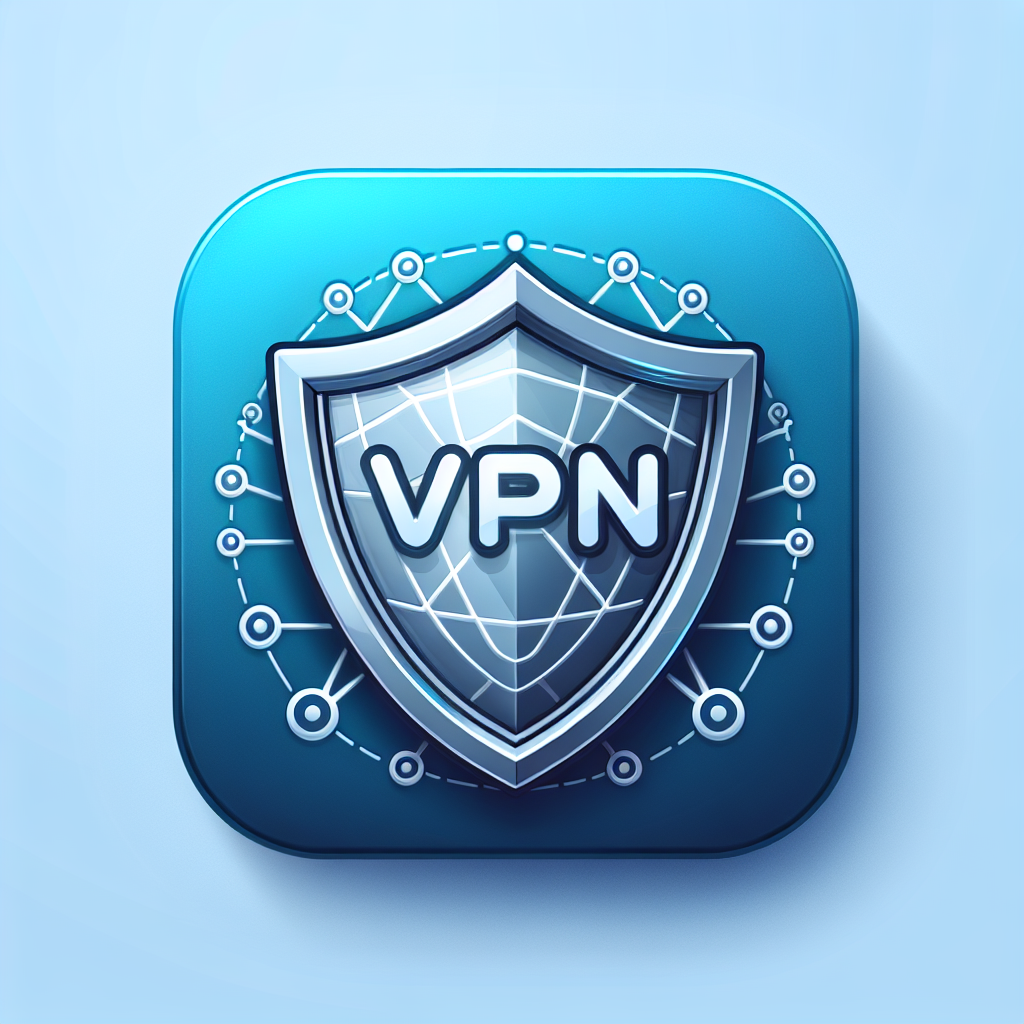P2P Sharing VPN Shield: Protecting Your Privacy and Security
In today’s digital age, peer-to-peer (P2P) file sharing has become a popular way for people to share files, music, and movies. However, this practice can also expose users to various security and privacy risks. To mitigate these risks, many users are turning to VPN (Virtual Private Network) shields to protect their P2P sharing activities. In this article, we will explore the benefits of using a VPN shield for P2P sharing and how it can help protect your privacy and security.
What is P2P Sharing?
P2P sharing is a file-sharing protocol that allows users to share files directly with each other without the need for a central server. This protocol is commonly used for sharing large files, such as movies, music, and software, as it allows for faster download speeds due to the direct connection between users. However, this protocol also poses several security and privacy risks.
Security Risks of P2P Sharing
One of the main security risks of P2P sharing is the exposure of your IP address. When you share files using a P2P protocol, your IP address is visible to other users on the network. This can make you vulnerable to various security threats, such as hacking, malware attacks, and DDoS (Distributed Denial of Service) attacks.
Another security risk of P2P sharing is the potential for copyright infringement. Many copyright owners monitor P2P networks for infringement, and users who share copyrighted material without permission can face legal consequences.
Privacy Risks of P2P Sharing
In addition to security risks, P2P sharing also poses privacy risks. When you share files using a P2P protocol, your internet service provider (ISP) can see your online activity, including the files you are sharing and downloading. This can be a significant privacy concern, as your ISP can potentially sell this information to third parties or use it for targeted advertising.
How a VPN Shield Can Help
A VPN shield can help mitigate the security and privacy risks associated with P2P sharing. A VPN shield encrypts your internet connection, making it difficult for hackers, copyright owners, and your ISP to monitor your online activity. This encryption also helps protect your data from malware attacks and DDoS attacks.
A VPN shield also allows you to hide your IP address, making it more difficult for others to identify and target you. This can help protect your privacy and prevent copyright infringement claims.
Benefits of Using a VPN Shield for P2P Sharing
1. Enhanced Security: A VPN shield provides an additional layer of security to your P2P sharing activities, protecting your data from hackers, malware attacks, and DDoS attacks.
2. Improved Privacy: A VPN shield helps protect your privacy by encrypting your internet connection and hiding your IP address, making it more difficult for others to monitor your online activity.
3. Access to Geo-Restricted Content: Many P2P networks are geo-restricted, meaning that users in certain countries cannot access them. A VPN shield allows you to bypass these restrictions and access content from anywhere in the world.
4. Faster Download Speeds: A VPN shield can help improve your download speeds by reducing the latency and congestion on the network.
5. Compatibility with Popular P2P Clients: Most popular P2P clients, such as BitTorrent and uTorrent, are compatible with VPN shields, making it easy to integrate into your existing setup.
Conclusion
In conclusion, P2P sharing can expose users to various security and privacy risks. However, by using a VPN shield, users can mitigate these risks and enjoy the benefits of P2P sharing with enhanced security, improved privacy, access to geo-restricted content, faster download speeds, and compatibility with popular P2P clients. If you are a frequent P2P sharer, we highly recommend considering a VPN shield to protect your privacy and security.




